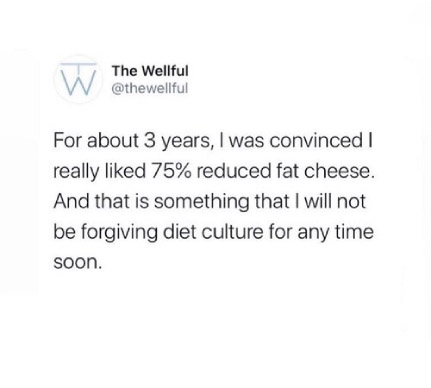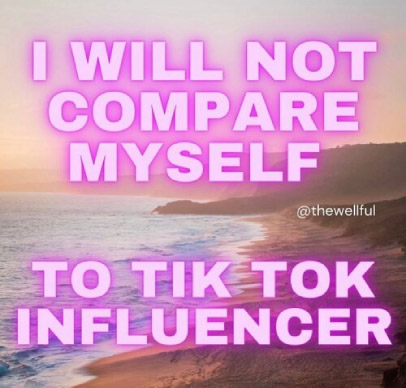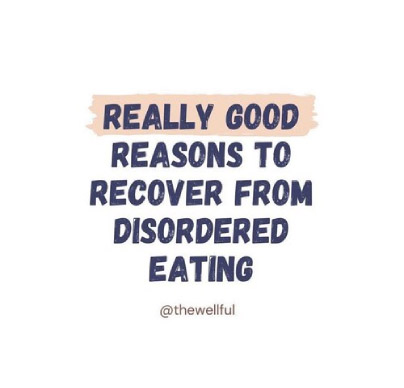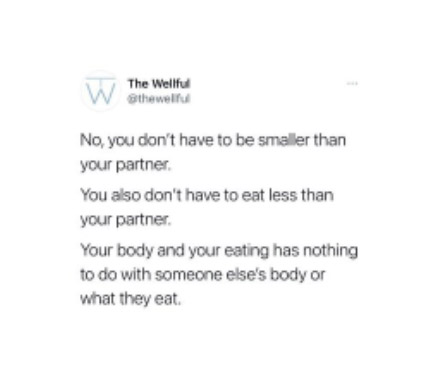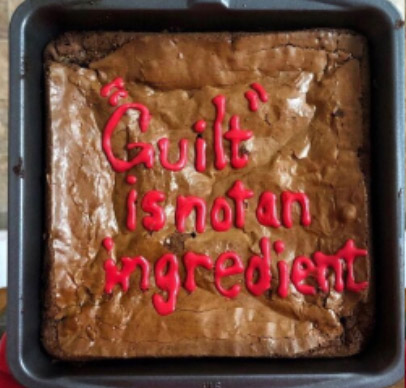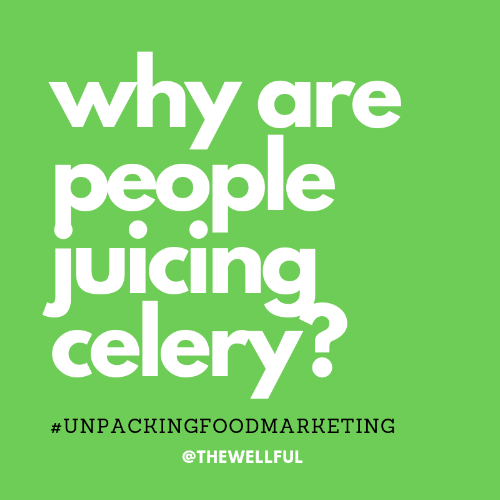
Fad Diets are both my favorite and least favorite topic. Favorite: because they are sometimes so bizarre all I can do is laugh and often, I am so impressed with the marketing and traction they gain online and in the news. Least favorite: because they … don’t work, often have little or misguided evidence behind them and normally trick people out of their money with little follow through on the promises they make.
Of course, that’s an outlook I have from past experiences of looking into and researching the efficacy behind these diets and trends but as a conscious consumer and Registered Dietitian, I don’t want to come across as the person who just blindly rejects anything that doesn’t *seem* legit. So, let’s walk through one of the most popular diets that has been popping up on my social media (and probably yours) recently. Celery Juicing. The health world is no stranger to a green juice but this one comes with a few extra claims and an even more loyal fan-base. It tastes exactly how you would think it does – like bitter water – to be an unbiased writer, I made some for my brother and I this morning. I wasn’t a fan but we agreed that probably, like coffee, it’s an aquired taste that you could get used to over time…if you choose to (I probably won’t). I’ll always give the disclaimer, if something makes you feel good, makes you happy – I’m all for it. But when a food or drink is all the sudden claimed to be the end-all-be-all cure to so many things, we need to look into it a little deeper. Just because Karen drinks warm water with lemon in the morning and doesn’t have chronic digestive problems anymore, doesn’t mean that you drinking warm lemon water in the morning will be the cure to all of your digestive or otherwise problems too. Correlation not causation. I am pro-nutrition and pro-intuition but even I don’t think that nutrition or any one certain food is the answer to all of our problems – we are just more complex than that.
Getting to the Juicy Stuff:
Back to the celery juice. I’ve seen a lot of posts, especially from celebrity influencers and health/wellness websites claiming the amazing benefits of celery juice recently. And while there are lots of claims and trend foods/diets out there, as I looked into it more, the celery juicing struck me as one that needs to be addressed. It turns out, nearly all of the claims that go along with drinking celery juice stem from one person, Anthony William, better known as the Medical Medium. One blog post on his website touts that he was the one to spearhead this movement a few years ago, and he then launches into the many health benefits one can expect to result from his recommended celery juice regimen.
William claims that drinking the juice first thing in the morning, on an empty stomach will:
-
“strengthen your digestion of foods you eat for the rest of the day”
but IRL: eating one certain food doesn’t ‘strengthen’ your digestion
-
“quickly rebuild your hydrochloric acid so your stomach can break down protein”
but IRL: your body creates Hydrochloric acid (HCL) to break down protein – whether you drink celery juice or not
-
“increases and strengthens bile’ …’bile is important for the breakdown of fats and killing off pathogens; that have made their way into your body”
but IRL: your body secretes bile and is able to breakdown fats whether or not you drink celery juice
-
“remove old toxins and poisons; such as pharmaceuticals from your liver”
but IRL: toxins are everywhere and our body is good at handling them – including our liver which contrary to the many liver detoxes you can find out there, doesn’t need one!
William’s target market is those with chronic disease and digestive problems so it makes sense that he emphasizes the celery juice benefits for these populations. But according to Well+Good coverage of celery juicing, he also prescribed the diet as part of an eczema healing protocol for well-known blogger Jordan Younger. Digestive problems and issues are real and a real pain – but the way William’s words and explains celery juice is problematic and misleading. The first line of his Celery Juice 101 article states: “if people knew all the potent healing properties of celery juice, it would be widely hailed as a miraculous superfood.”
“Superfood” is an unregulated marketing term used to sell products that are ‘nutritionally dense and known to support health’ – which means that many foods and all fruits and vegetables would basically fall into this category – celery being no different, and not more ‘miraculous’ than others. Like other vegetables such as kale, spinach and broccoli, celery contains antioxidants, vitamins and minerals that are important in our overall health and known to be helpful in fighting disease and boosting immunity as part of our overall diet.
Boiling down the complexities of chronic disease and digestion to a single food, without a body of evidence or consensus from medical professionals feels a bit misguided. William’s didn’t pull this information out of thin air – there is research on the the antioxidant effects of celery root and seeds, but more needs to be done to determine therapeutic doses, uses and effectiveness over time. Right now, what we know about celery and the nutritional benefits we can expect from it are still pretty general and it would be difficult to say what changes come from the addition of celery itself or from additional serving of vegetables – if not already getting ~5-7 servings/day.
Some of the articles covering celery juicing include commentary from other professionals such as Dr. Safdieh of Parsley Health agreeing that there is no particular benefit to celery juice over celery eaten whole. In fact, one of the benefits of consuming eating whole fruits and vegetables (vs. their juice) is the fiber content! Fiber is lost in the juicing process but is ironically, known to be beneficial in improving digestion and gut bacteria.
In response to the William’s recommendation for drinking celery juice on an empty stomach and that doing so will ‘strengthen your digestion of foods eaten for the rest of the day,” Dr. Safdieh disagrees. Reiterating that we just don’t have the evidence to support this.
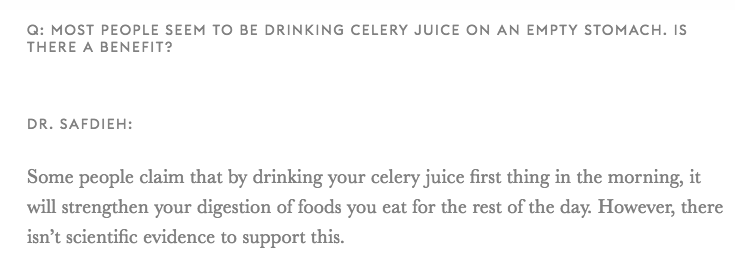
Screenshot from Parsley Health https://www.parsleyhealth.com/blog/benefits-of-celery-juice/
William’s Celery 101 article goes on to cite William’s own book ‘Liver Rescue’ and his other blog resources for learning more about celery juicing, but does not provide any body of evidence of research studies to reference. The site does host a lengthy disclaimer specifying that William is not a medical physician or licensed provider.
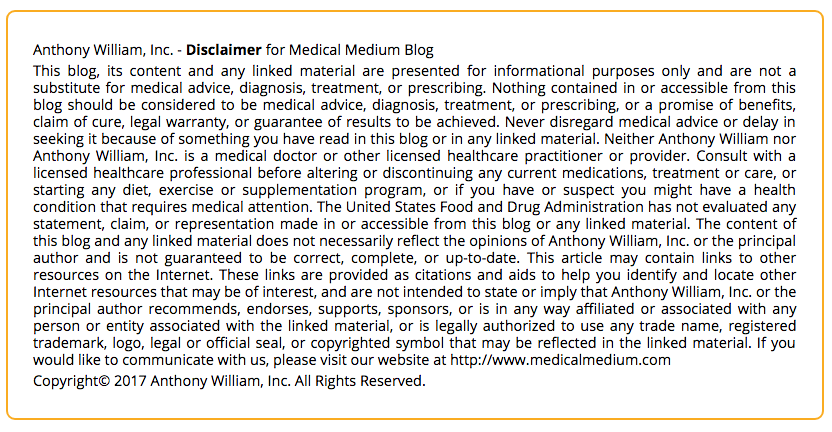
Screenshot from Medical Medium http://www.medicalmedium.com/blog/celery-juice-101
#Trending
And yet, you can find over 33k tagged photos of celery juicing on instagram alone. In the theme of #unpackingfoodmarketing I want to shift in focus from whether or not celery juice is the magic bullet of digestion, to exploring how this type of information originates and is disseminated throughout the internet, ultimately making its way into being an accepted part of thousands’ morning routines.
If you Google “celery juice” most of the results that come up will either be posts on Williams’ site or articles written by other well-known health and wellness platforms – such as Well and Good, Chalkboard Magazine, Mind Body Green – that all link back to and reference soley Williams’ writing and merely reiterate his talking points. The two articles that offered an alternative perspective to Williams’ were Parsley Health and Good Morning America – which consulted a doctor and registered dietitian, respectively, both of whom dismissed the claims that Williams’ makes about celery juice being much more than a way to add a serving of vegetables into your day.
As most – nearly all – of the information found supporting celery juice stems from Williams himself is suspicious, especially considering the claims he makes around it. Think about it: if a vegetable that is most well known for being an ignored side to buffalo wings was an ultra-healing, miraculous superfood, don’t you think more than one guy would be talking about it?
Celery juice is a prime example of the many trends and fads that we see go viral to take over Instagram feeds, news headlines, blogs and influencers without the support to back up their claims. But the traction and celebrity endorsement #celeryjuice and these other fads gain makes it hard to sift through what or WHO we should believe, or not. And that’s when it comes down to being a conscious consumer and working to filter through the difference between science, fad and figuring out what works for you (vs. just what we see online). Dietitian Tracy Lockwood also shared a great breakdown of the evidence behind the trend in her video on Well + Good here.
How to be a conscious consumer on your own:
-
A general rule of thumb is that if it sounds like a fad, and looks like a fad – it’s probably a fad. Even more so, if it sounds too good to be true, it probably is.
-
The next thing to do is to see who is promoting it – do they have any credentials or training? Are they trying to sell you the product? Is it a testimonial that they’re being endorsed for?
-
Let’s say it seems like it could be legit – or at least interesting – and you trust the person who is advertising or talking about it. Next, go to Google. Dr. Google certainly doesn’t replace a health or medical professional’s opinion or advice but it can give you a sense of what other sites and people are saying about it. Is it all spam websites that come up? Do a lot of research studies come up? Do all of the articles link back to the 1 main person or article (ie. celery juice)?
-
How does this food or behavior fit into your current lifestyle? Would it cause you a lot of stress/money/time/energy? Can you ‘try it before you buy it’ and test out to see how it feels to you?
-
Remember that most people have the best intentions when promoting health and wellness but they may not have the background to best support those intentions – always check with your credentialed health professional before starting any sort of new supplement, nutrition or wellness endeavor. And remember, you are the only one who is the expert of your body and health.
What do you think of #celeryjuice or another food trend? How do you stay a conscious consumer? Follow for more on Instagram





